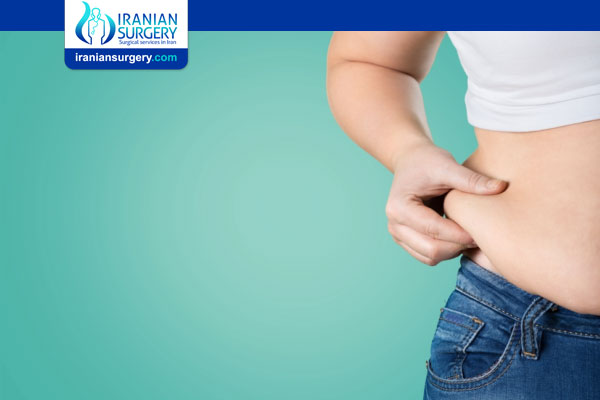What Is the Required BMI For Egg Donation?
What Is the Required BMI For Egg Donation?
When a young woman decides to become an egg donor, she must meet a strict list of egg donor requirements to apply. Most of these requirements are expected: age between 19 and 30, good physical and mental health. But one requirement causes a lot of confusion among potential egg donors: BMI (body mass index) in the range of 18-26.
At first glance, requiring a certain BMI might seem biased or even insulting, as if it’s about judging a donor’s physical appearance. But this is not the case when it comes to donating eggs. According to many scientific studies, a BMI that’s too high or too low can correspond with problems that could impact an egg donor’s health as well as the quality and quantity of eggs retrieved.
BMI 101
When we talk about BMI, what exactly do we mean? BMI is simply the calculation of weight-for-height used to classify underweight, overweight, and obese adults. The Centers for Disease Control puts normal range at 18.5-24.99. While BMI doesn’t measure fat directly, it’s still the measurement scientists and medicals professionals use to assess body fat. There are plenty of online calculators for measuring BMI.
How BMI Impacts Your Eggs
We’ve talked about what BMI measures—so what does it have to do with your fitness to be an egg donor? What if the donor egg recipient doesn’t have a high BMI? The answer is complicated, but scientific studies show a link between a higher BMI and issues with eggs and how they develop.
. Fat tissue (also known as adipose tissue) secretes hormones that could have a negative effect on your eggs and the hormones that help them develop.
. For example, adipose tissue produces more cytokines, which can result in chronic inflammation that may impact egg development
. Another hormone produced by adipose tissue, gherlin, affects estradiol and progesterone, which are produced by the ovaries and play in a critical role in egg development and fertility.
. A high BMI can have a negative impact on the quality and development of eggs and embryos, even after the eggs have been retrieved.
All of these factors can have serious consequences for recipients hoping for a successful pregnancy.
Higher BMI, Higher Dose of Meds
Another issue with a higher BMI is that it might mean more medication is needed during the egg donation process. A higher dose and/or a longer dosage of gonadotropins (egg stimulation meds used in egg donations and IVF) could lead to fewer eggs retrieved. A lower number of eggs can mean less success for patients using IVF treatment with donor eggs.
Low BMI and OHSS
Finally, a low BMI can pose risk factors as well. OHSS, or ovarian hyperstimulation syndrome, is a possible side effect from the medications used in egg donation where the ovaries can become swollen and fluid can accumulate in the belly area. Several recent studies found that a lower BMI can increase the risk. As responsible medical professionals, we want to do everything we can to reduce risk to donors.
Your eggs and your health
At Iranian Surgery, we’re not concerned about our donors’ BMI because of appearance. We’re concerned about egg donor safety and health, including reproductive health. We care about our egg donors, special people who give a precious gift of hope to infertile couples.
About Iranian Surgery
Iranian surgery is an online medical tourism platform where you can find the best doctors and fertility specialists in Iran. The price of IVF in Iran can vary according to each individual’s case and will be determined by an in-person assessment with the doctor.
For more information about the cost of IVF in Iran and to schedule an appointment in advance, you can contact Iranian Surgery consultants via WhatsApp number 0098 901 929 0946. This service is completely free.
Source:
ASRM Practice Committee. (2008). Ovarian Hyperstimulation Syndrome. Fertility and Sterility, 90(3), S188-S193.
Cardozo, E., Karmon, A., Gold, J., Petrozza, J., & Styer, A. (2015). Reproductive outcomes in oocyte donation cycles are associated with donor BMI. Human Reproduction Hum. Reprod. doi:10.1093/humrep/dev298
CDC. (2015). About Adult BMI.
Crujeiras, A. B., & Casanueva, F. F. (2014). Obesity and the reproductive system disorders: Epigenetics as a potential bridge. Human Reproduction Update, 21(2), 249-261. doi:10.1093/humupd/dmu060
Rittenberg, V., Seshadri, S., Sunkara, S. K., Sobaleva, S., Oteng-Ntim, E., & El-Toukhy, T. (2011). Effect of body mass index on IVF treatment outcome: an updated systematic review and meta-analysis.Reproductive Biomedicine Online (Reproductive Healthcare Limited), 23(4), 421-439. doi:10.1016/j.rbmo.2011.06.010


